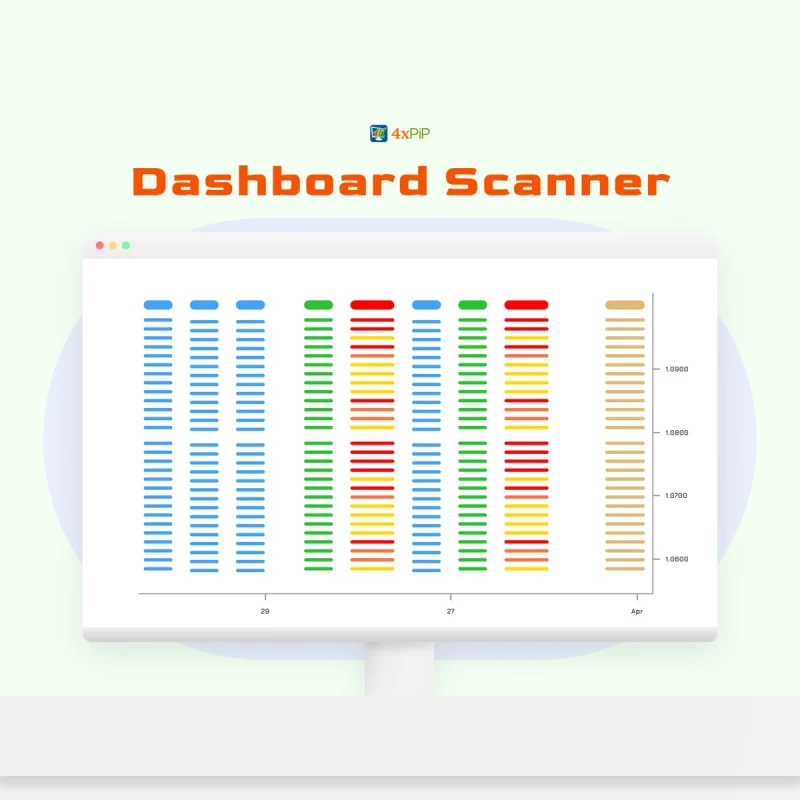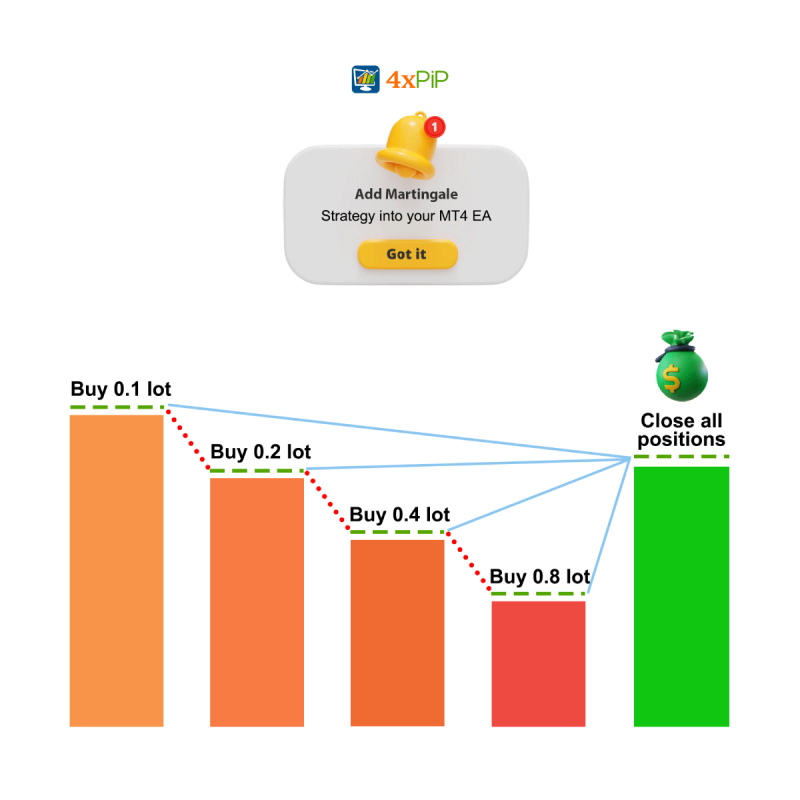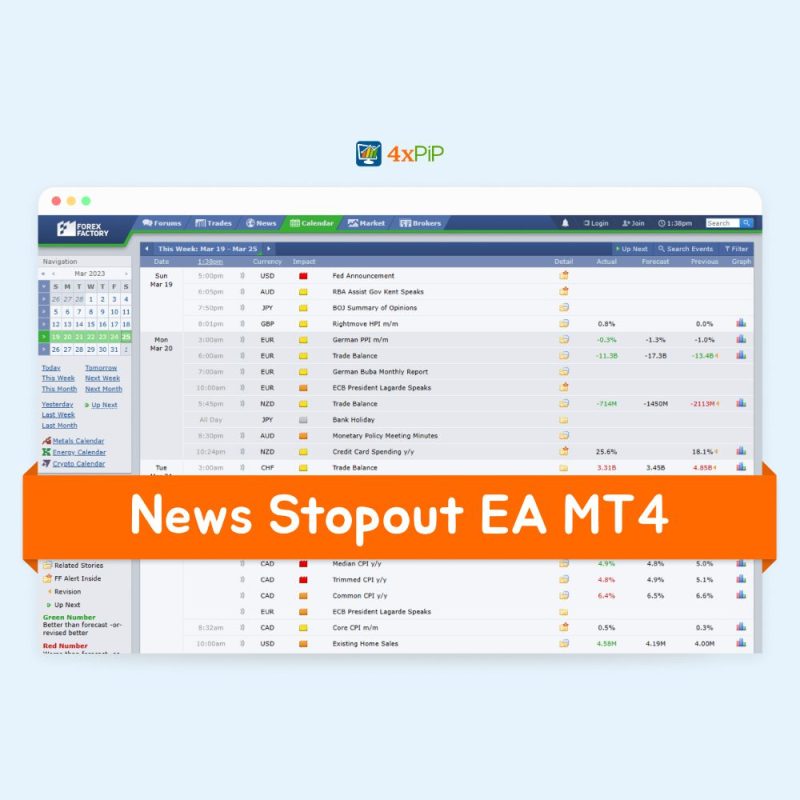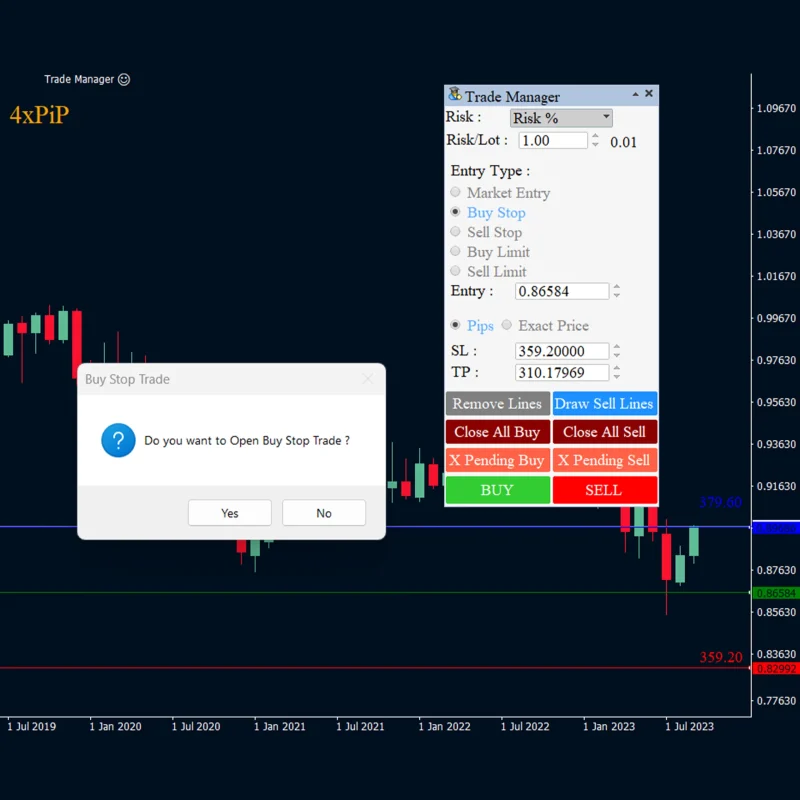The EUR/USD pair maintains slight gains near 1.0900 despite a modest USD rebound. Eurozone data signals economic challenges.
In December, Eurozone HCOB Composite PMI unexpectedly dropped to 47.0, below the market consensus of 48.0. The consecutive decline for seven months suggests a likely recession.
Eurozone Manufacturing PMI decreased to 44.2, and Services PMI fell to 48.1, indicating economic contraction. This contradicts the ECB’s growth projections, impacting the Euro.
Conversely, the US S&P Global Composite PMI grew to 51.0 in December, the fastest in five months. However, Manufacturing PMI dropped to 48.2, while Services PMI rose to 51.3.
Federal Reserve Bank of Chicago President Austan Goolsbee mentioned it’s premature to declare victory over inflation. Rate cut decisions hinge on economic data.
Investors await German IFO surveys for potential market shifts. This week, Eurozone HICP and German PPI data will be released, along with US housing data.
For valuable insights, follow 4xPip. Discover trading tools and robots for auto trading. Contact [email protected] for guidance and information.
Conclusion
In summary, the EUR/USD pair faces challenges amid Eurozone economic woes. As the region hints at a possible recession, the contrast between Eurozone and US economic indicators influences the currency market. Traders should closely monitor upcoming data releases, especially the German IFO surveys, for potential market shifts. Stay informed with 4xPip, your go-to source for trading tools and expert guidance.












